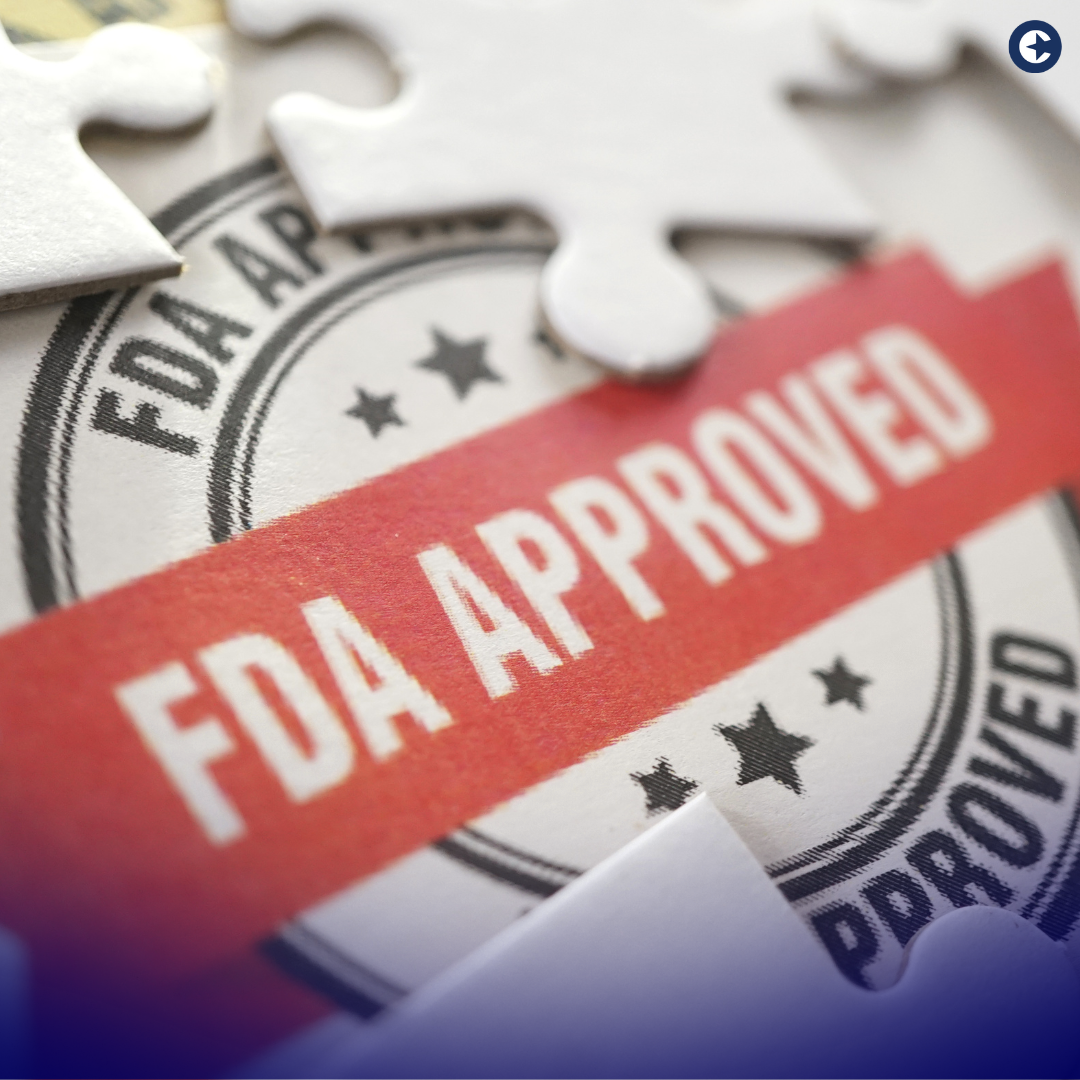Introduction: The U.S. Food and Drug Administration (FDA) has recently approved a new treatment for uncomplicated urinary tract infections (UTIs) in female adults, known as Pivya (pivmecillinam) tablets. This approval marks a significant advancement in the treatment options available for one of the most common bacterial infections affecting women.
What is Pivya? Pivya is designed to treat uncomplicated UTIs caused by specific bacteria such as Escherichia coli, Proteus mirabilis, and Staphylococcus saprophyticus. These types of UTIs are generally localized to the bladder and occur in females without structural abnormalities in their urinary tract. Given the prevalence of UTIs, with half of all women experiencing at least one in their lifetime, the introduction of Pivya promises to make a substantial impact.
Clinical Trials and Efficacy: The FDA’s approval was based on the results from three controlled clinical trials that assessed the effectiveness of Pivya. These studies compared Pivya’s efficacy against a placebo, another oral antibacterial drug, and ibuprofen:
- In the trial against placebo, 62% of the participants who received Pivya achieved a composite response of clinical cure and microbiological response, significantly higher than the 10% in the placebo group.
- When compared to another oral antibacterial drug, Pivya showed a comparable efficacy rate, with 72% achieving the composite response compared to 76% for the comparator drug.
- Against ibuprofen, Pivya demonstrated superior effectiveness, with a 66% composite response rate compared to just 22% for ibuprofen.
Safety and Side Effects: While Pivya shows promising results in treating UTIs, it is not without its side effects, the most common of which include nausea and diarrhea. Additionally, Pivya is not suitable for patients with a history of severe hypersensitivity to beta-lactam antibacterial drugs, those with carnitine deficiency, or those suffering from porphyria.
Warnings and Precautions: Patients should be aware of potential hypersensitivity reactions, severe cutaneous adverse reactions, carnitine depletion, and the risk of Clostridioides difficile-associated diarrhea. Pivya may also interfere with newborn screening tests for isovaleric acidemia, a rare metabolic disorder.
Regulatory Milestones: Pivya’s development and expedited review were facilitated by its designation as a Priority Review and Qualified Infectious Disease Product by the FDA. This underscores the agency’s commitment to advancing new and effective treatments for infectious diseases, particularly those like UTIs which are a frequent health issue.
Conclusion: The FDA’s approval of Pivya represents a critical advancement in managing uncomplicated urinary tract infections. By providing an effective treatment option, Pivya is set to improve the quality of life for many women dealing with UTIs. As with any new medication, patients should consult their healthcare providers to understand the best use of Pivya in their specific health scenarios.



